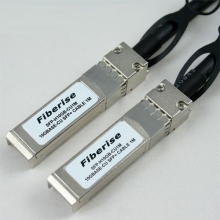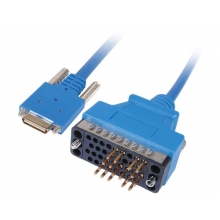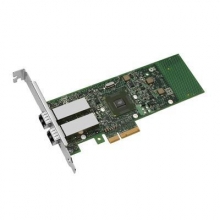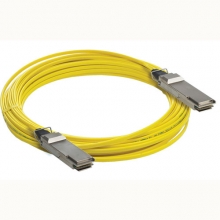- Optical Transceivers
- SFP+ Transceivers
- XENPAK Transceivers
- XFP Transceivers
- X2 Transceivers
- SFP Transceivers
- Compatible SFP
- 3Com SFP
- Alcatel-Lucent SFP
- Allied Telesis SFP
- Avaya SFP
- Brocade SFP
- Cisco SFP
- D-Link SFP
- Dell SFP
- Enterasys SFP
- Extreme SFP
- Force10 SFP
- Foundry SFP
- H3C SFP
- HP SFP
- Huawei SFP
- Intel SFP
- Juniper SFP
- Linksys SFP
- Marconi SFP
- McAfee SFP
- Netgear SFP
- Nortel SFP
- Planet SFP
- Q-logic SFP
- Redback SFP
- SMC SFP
- SUN SFP
- TRENDnet SFP
- ZYXEL SFP
- Other SFP
- FE SFP
- GE SFP
- OC3 SFP
- OC12 SFP
- OC48 SFP
- Copper SFP
- CWDM SFP
- DWDM SFP
- BIDI SFP
- Fiber Channel SFP
- Multi-Rate SFP
- SGMII SFP
- Compatible SFP
- GBIC Transceivers
- Passive Components
- Networking
- Cables
- Equipments
- Tools
- Special Offers


Broadband in W Africa: the challenges
West Africa’s mobile phone and data markets are often seen as bright spots in otherwise turbulent economies. But a top regulator in the region says there are still many issues to address before declaring victory in modernising the sector.
Governments, operators and investors need to move beyond the “euphoria” of high penetration rates and realise that ICT (information and communications technology) is about more than having a mobile phone, says Nnamdi Nwokike, executive secretary of the West Africa Telecommunications Regulators Assembly (Watra).
The group, which sets guidelines and makes recommendation for the sector, held its tenth annual meeting in Freetown, Sierra Leone last week to devise a strategic plan for the next four years and make recommendations to their ministries and the private sector.
Nwokike told beyondbrics the promise of advanced egovernment and distance learning programmes carrying people out poverty, or making the region the world’s next Silicon Valley, were still a long way off.
“There’s a lot of rhetoric, but not action”, he says. “ICT will drive growth but we need to have the investment in infrastructure. We need robust bandwidth and we need to have a backbone for the infrastructure.”
Nations should not look to mobile phone providers or foreign investors to drive the construction of that infrastructure.
“Countries have received millions, billions of dollars from license fees, but what are they doing with it?” he asks. “What are universal service funds being used for?”
The arrival of submarine-based fiber optic cables to the shores of several West African countries from Europe is being hyped as the end of painfully slow Internet connections. While those efforts are to be applauded, Nwokike says there’s been a lot of “propaganda” about the cables, such as prices for internet service hitting rock-bottom on their arrival. He says ISP fees haven’t dropped very much in Nigeria, which currently has three active submarine cables, GLO-1, Main One and SAT3, so there’s still room for growth.
There’s also debate over how some governments – which put up the funds to participate in fibre landings – will operate or manage fibre roll-outs.
In Sierra Leone, for example, telecommunications ministry officials have created a special purpose vehicle, Sierra Leone Cable Ltd (Salcab), which holds fibre equipment and is responsible for rollout services. The Africa Coast to Europe (Ace) cable landed in Sierra Leone – one of 16 countries – from France last year. The government is expected to sell shares representing up to 51 per cent of Salcab this year.
But Nwokike says he personally “doesn’t agree with government ownership” of fibre cables, arguing that there must be room for experienced private-sector players to manage and deliver high speed internet services.
Watra can’t force countries to take the same approach in their fibre roll-outs but it can help create a level playing field, Nwokike says. One issue discussed at the meeting was how to ensure that landlocked West African nations, such as Mali, Niger and Burkina Faso, gain access to those shore-based cables, he says.
Other topics up for discussion were roaming costs and uniform tariffs for telco services. And one of the biggest challenges the organisation faces is funding. Nwokike says just half of the 15 member countries are up to date on their dues.



















































